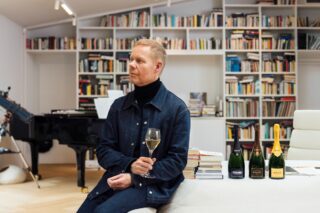This website uses cookies so that we can provide you with the best user experience possible. Cookie information is stored in your browser and performs functions such as recognising you when you return to our website and helping our team to understand which sections of the website you find most interesting and useful.
Reshaping capitalism with Paul Lindley OBE
By Lysanne Currie | 2 February 2023 | Culture
How can profit and purpose work together to create a better, fairer society and a healthier planet? We meet the influential names wanting to move to a kinder form of capitalism
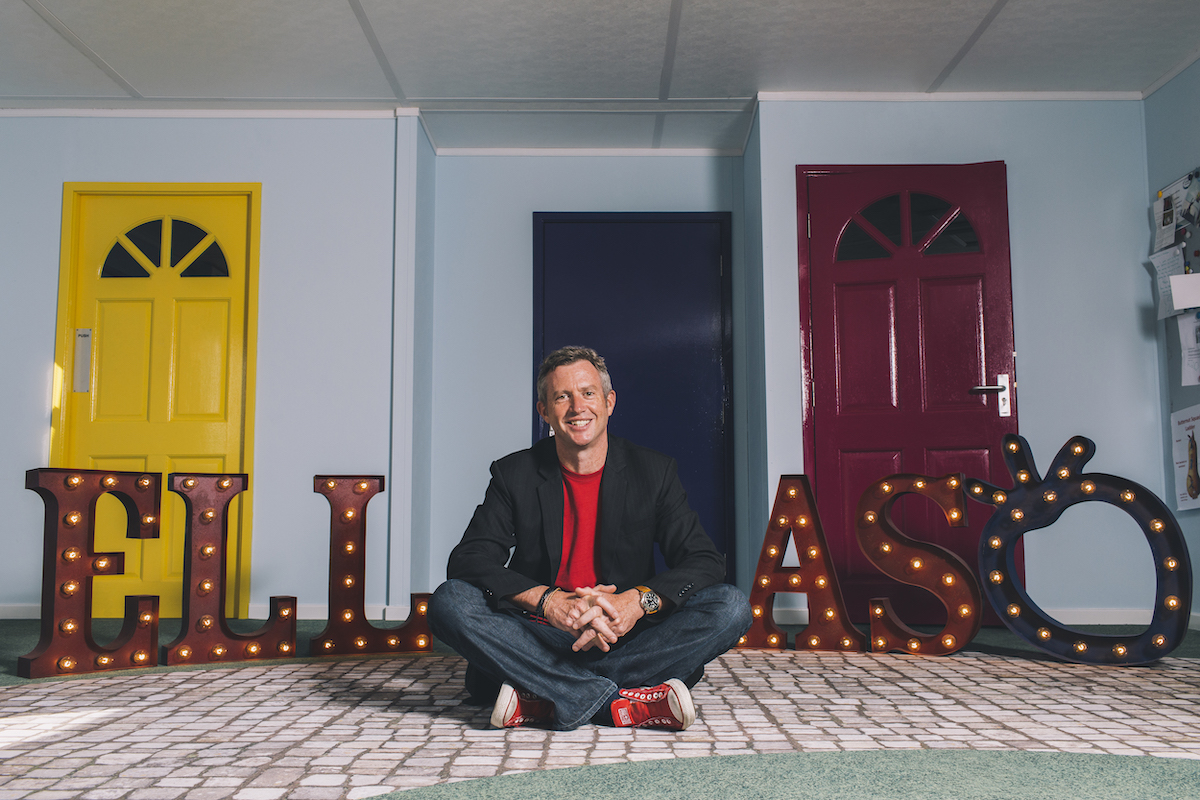
With social inequality becoming an ever widening gap, many are beginning to wonder whether capitalism as a working model isn’t currently fit for purpose. Cue a new generation of HNW individuals moving away from conspicuous consumption and using their wealth and experience as a force for good.
Ella’s Kitchen founder Paul Lindley OBE is one of a growing number of HNWs who believe we need to reshape capitalism for the good of society and the planet. Paul founded the UK’s biggest baby food brand in 2006. It became one of the country’s first certified B-Corporations before he sold it in 2013 for more than $100m. These days he actively uses his entrepreneurial mindset for purpose-led ventures, including in his role as chair of Robert F Kennedy Human Rights UK.
Interestingly, Paul does think the idea of capitalism is sound. “[Capitalism has] created prosperity over two or three centuries and lifted millions of people out of poverty," he says. "It’s been the driving force behind innovation and served society really well. It’s seen off other alternatives to ways we could run an economy – communism and fascism, for example – in the 20th century… And it’s all we’ve got.”

If you sense there’s a ‘But’ coming, you’d be right. “Capitalism isn’t working at the moment, and it’s increasing inequality,” he says. “I think there’s a whole raft of things that make it inappropriate to continue as it is. Austerity, the [Covid-19] pandemic, the Climate Crisis, the cost of living crisis and the financial crash have really made it difficult for investors to invest, and for businesses to innovate, because it’s so uncertain what the future is and what the returns will be. On top of that, the inequality we’re creating is unsustainable for a peaceful and a successful society.”
Numerous CEOs are making similar noises, such as US billionaire Marc Benioff, who told the 2020 World Economic Forum at Davos: “Capitalism as we have known it is dead… This obsession we have with maximising profits for shareholders has led to incredible inequality and a planetary emergency.” Likewise, Angela Merkel, Germany’s former Chancellor, said: “The whole way we do business… will have to be changed. In the next 30 years, we have to come to completely new value chains.”
Management consultant Ben Gallagher, founder of business consultancy, B+A, concurs: “All the stuff we’ve been judging our success in life by are the wrong markers. We need markers of success that are more oriented towards caring for people and communities, and how we as a human race become healthier.”
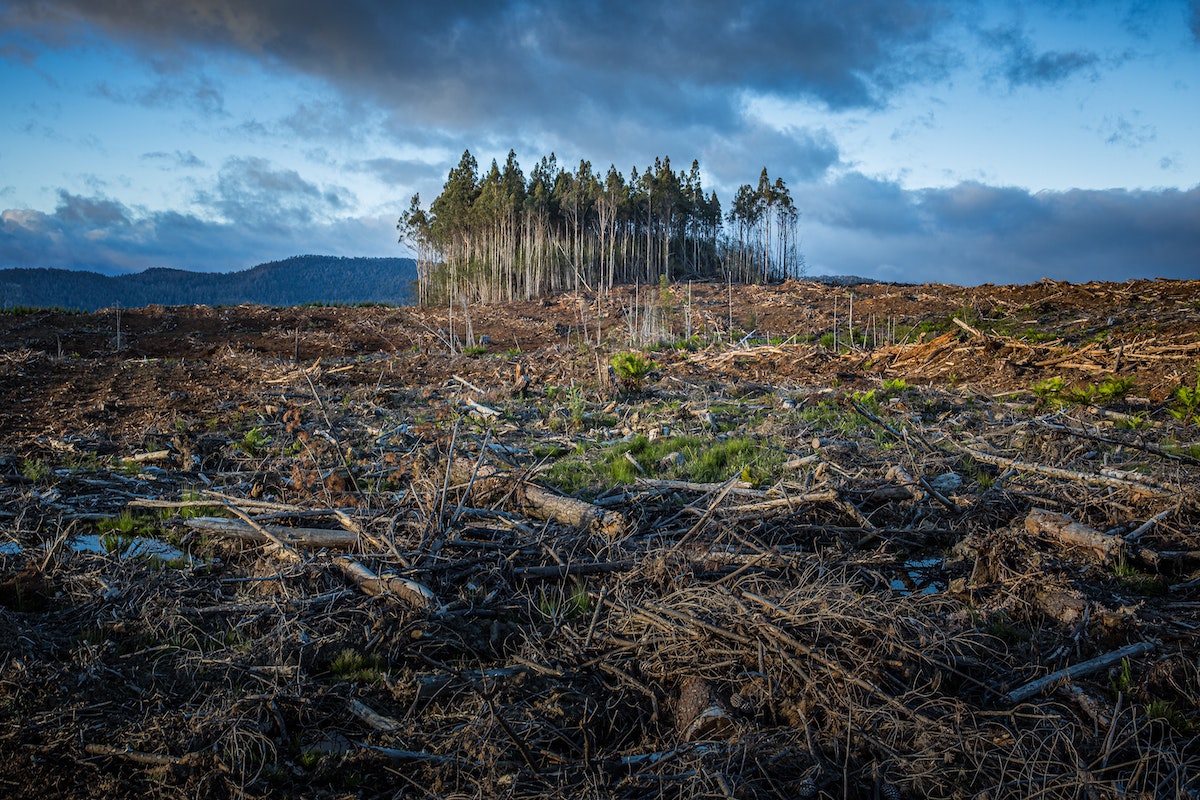
“We’ve fallen into a trap of setting up institutions that reward short-term decisions. We need to change the metrics of success,” explains Paul, who believes business and governments need to work more closely to bring about this change. “We need a plan for how the future is going to be stable for businesses to feel confident that we’re going to be able to attract talent, secure the capital, and they’re going to have a stable inflation, interest rate kind of world where they can make long-term investment decisions. Government plays a big role in that. We’ve got to evolve capitalism together – it’s essential.”
Paul does think it’s “completely possible” to reshape the capitalist system, by making profit and purpose work together.
“My utopia starts with the fact that the word company comes from the Latin ‘cum panis’ meaning ‘with bread.’ Originally, companies were created by people who ‘broke bread’ together. Business isn’t really about profit maximisation; it’s about sitting down breaking bread with others and finding aligned interests and focus. The whole purpose of a company is about getting people together. So, my utopia starts by designing an economic system designed for the interdependence of a healthy planet, healthy people and healthy profits.”
He cites the example of Yvon Chouinard, the billionaire founder of the outdoor fashion retailer Patagonia, who recently gave away his company to a charitable trust. Under the new ownership structure, any profit not reinvested in running the business will go to fighting climate change, amounting to around $100m (£87m) a year. As Yvon wrote in an open letter to his customers: “If we have any hope of a thriving planet, much less a business, it is going to take all of us doing what we can with the resources we have… Instead of ‘going public,’ you could say we’re ‘going purpose’.”
He added, “This is not ‘woke’ capitalism. It’s the future of business."
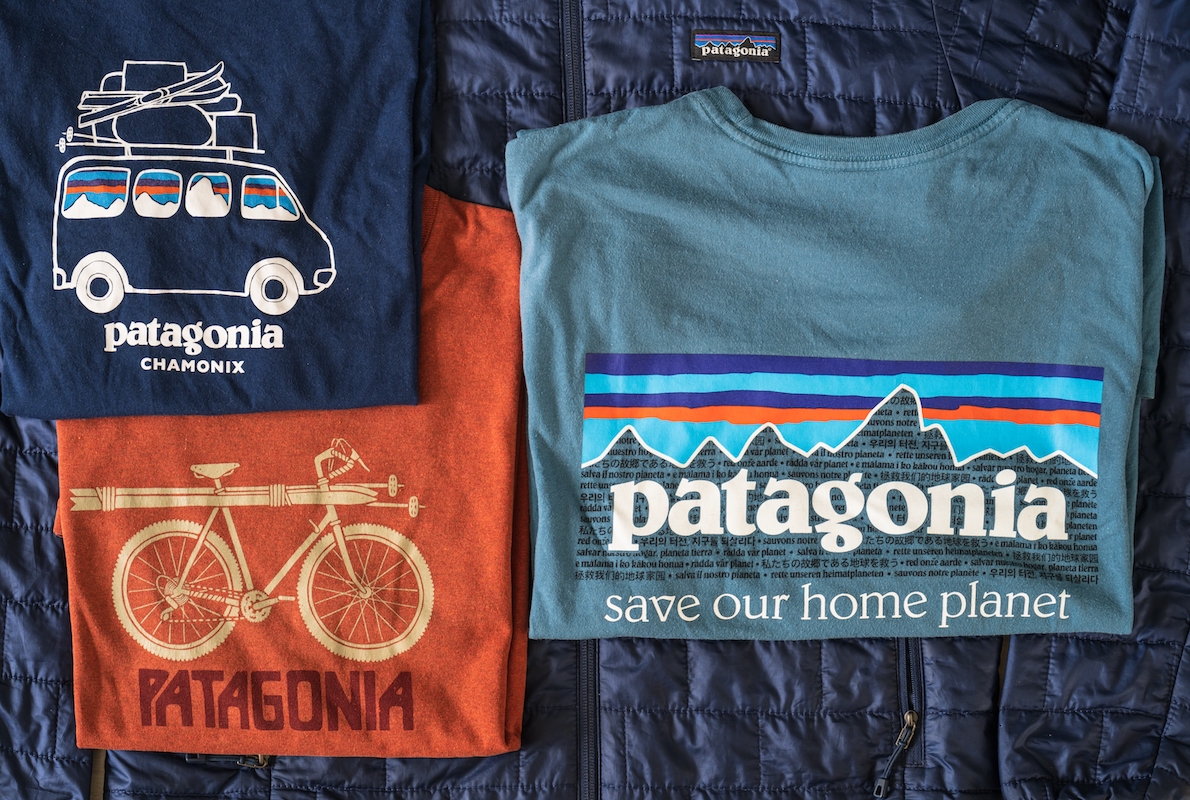
Sustainable luxury expert and writer Juliet Kinsman thinks we need to look to nature for inspiration to reshape the ‘linear model’ of capitalism, via a ‘Closed Loop recycling’ system. This is a process where products or materials can be turned into new ones after their use, indefinitely, so there’s no waste – unlike our current capitalism, which extracts natural resources but doesn’t allow for an extended life cycle.
“You don’t see landfill in nature,” says Juliet, who was appointed Condé Nast Traveller’s sustainability editor in 2020. “There’s no such thing as waste in nature. Nature’s a system that works. When something dies, it becomes nutrients. It’s a virtuous cycle. And that’s what we need to get back to.”
Paul has three solutions to the current woes: and the first is to change the wording within the Companies Act. “The primary responsibility for directors of a company is to its shareholders,” he says. “I think we should change the wording of that to say that directors are responsible equally to all stakeholders of a company.”
In this, he echoes BlackRock's Larry Fink who, in January 2018, sent a letter to the world’s top CEOs stating: “To prosper over time, every company must not only deliver financial performance, but also show how it makes a positive contribution to society.”
Secondly, widening capital ownership, via initiatives such as the Labour Party’s proposed Citizens Wealth Fund, to invest in British business and innovation with public money and pay the dividends back to the public. “We can also give incentives for companies to have employees share options.” His third solution is “to go back to a people-centric measure of value within a company, by creating proper services and goods that improve our living standards”.
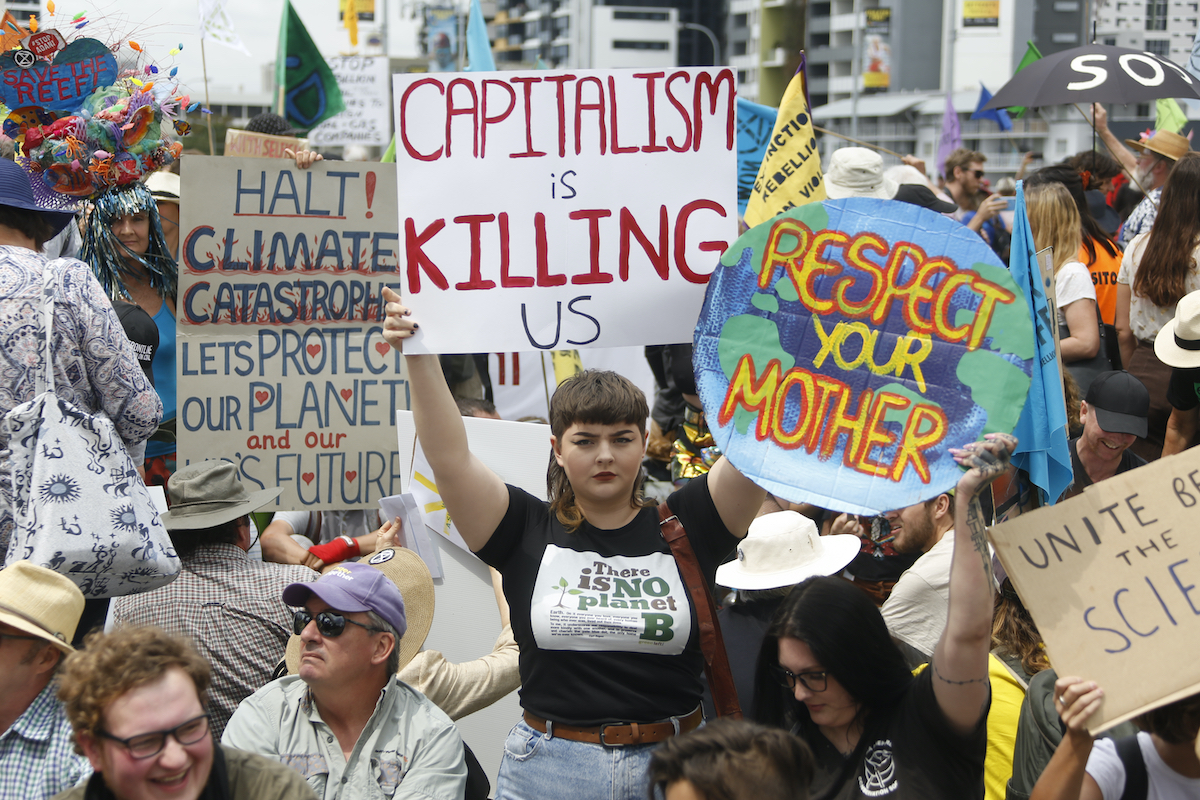
Additionally, leadership needs to be much more inclusive, to make sure businesses accurately represent our societies; and Paul is optimistic that the young people coming into the workplace now might just ensure that happens. “There has never before been a generation more driven by values and purpose. When you have people with a mindset of ‘it doesn’t just matter how much I earn, it matters what work I do, and the positive benefits my work creates’, then you’ll get the best young employees who’ll stay with those companies the longest, and the sustainability of our economy will improve – because we’ll put humanity, and a reason for doing business, at the heart of it.
“I hope I’m not painting a picture of myself as an absolute communist,” he laughs. “I am a capitalist. We built our business on values and purpose, delivered an excellent product that society needed, and I was privileged to sell that company for over $100m. So, I believe absolutely in capitalism, and I’m optimistic that we can reframe it to a much better place.
“We’re an amazing species in that we can imagine something that doesn’t exist, and then make it exist,” Paul says. “Our imagination and our ability to create ideas is unlimited. And, through that, we can invent, and we can change our behaviour to adapt to new circumstances by imagining how we can live better. That’s what entrepreneurs do all the time, and that’s unlimited. I’m optimistic that we’re never going to run out of ideas.”






